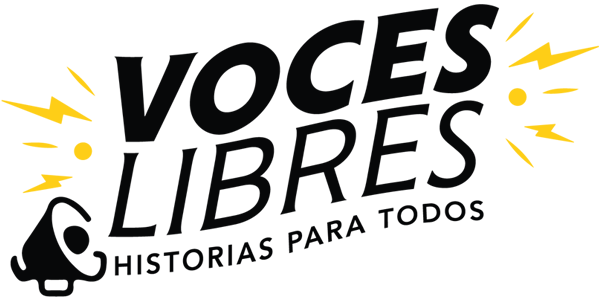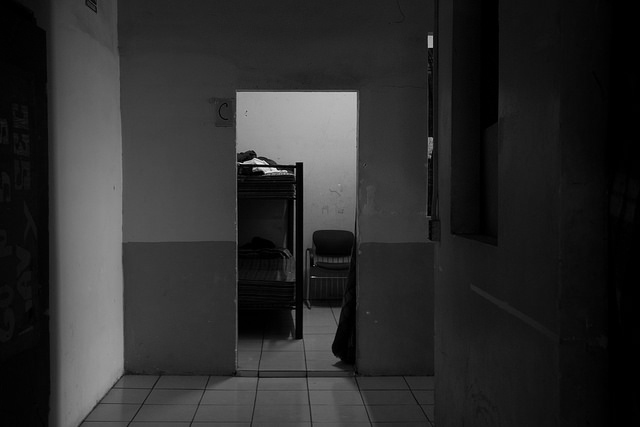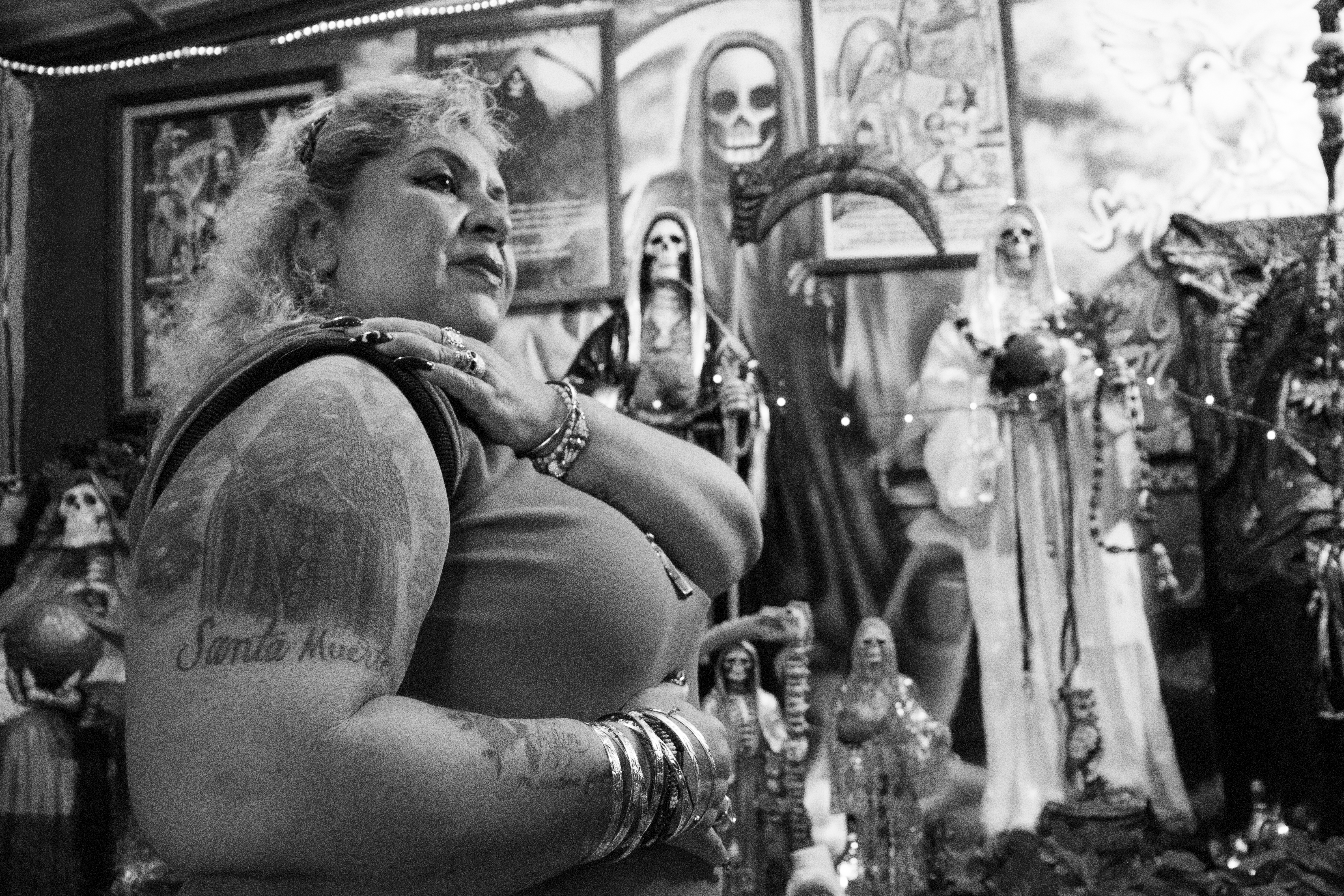Inside the hidden jail cell for latinos at the Mexico City airport
Mexico City’s International Airport hides a small room without windows that resembles a jail cell. Inside, detained latinos whose only crime was their profile.
By Leandro Chacón
Header photo by Ximena Natera /IPS
Originally written in Spanish.
SANTIAGO-A hidden armored room, that used to be a public jail cell at Terminal 2 of Mexico City’s International Airport, holds tens of latinos detained. Their only crime their appearance which, according to mexican immigration authorities, didn’t comply with the desired ‘tourist profile’.
Among the detained was chilean poet Juan Carreño who had travelled from Santiago to Mexico on assignment as part of a literary project about Juan ‘El Trompo’ Carreño, a 1920-30’s player for Mexican soccer team Atlante famous for scoring the first goal of the national team on a World Cup: Uruguay 1930.
In a call Carreño detailed to Voces Libres the nightmare he lived in confinement among tens of ecuatorians, haitians, and brazilians started at the immigration line. ‘First thing the immigration officers did was to get every POC out the line and take them to a separate room. That’s when I noticed something strange was happening’.
Though the chilean poet was calm as he wasn’t traveling alone and had his documents in order, even invitation letters from a scholarship. Also this wasn’t Carreño’s first time in Mexico as his passport confirmed four previous visits.
‘They asked us why we traveled to Mexico and I explained the project. That we were chilean on a research assignment’. However, this did not prevent the agents from retaining the passports of Carreño and his partner.
That’s when both chileans got ‘invited’ to a room full of latinos ‘who looked like farmers, people that would fit the profile of trying to enter the U.S. trough Mexico’ Carreño recalls.

In there immigration officers forced the detained to fill out a form detailing the reasons for their visit, if they had acquaintances in the country and how much money they carried, while other agents inspected hand luggage as well as phones.
Some time passed by and then Carreño was called by a female agent who told him he would not be accepted in Mexico because he did not meet the tourist profile. The rest of the brazilians, haitians and ecuatorians in the room received the same statement. ‘They were dressed like poor people and their appearance played against them very much’ the chilean poet recollects.
Appearances not only played against the detainees as their statements were also questioned by the agents. In the case of Carreño, the officer who notified him that he would not enter Mexico even questioned whether he was really a writer.
Inhuman and humiliating jail cell
Carreño’s alleged crime required the signing of a five-page document in which the chilean poet pleaded guilty to ‘lying about the amount of money’ he carried while entering Mexico.
“If you don’t sign this document, your passport will be marked and you will not be able to enter Mexico for 10 years” was the common threat that forced every detainee to comply.
And it wasn’t the last as they were transferred to the hidden jail cell on the second floor of Terminal 2 of the Mexico City’s airport: a narrow, armored, windowless room.
There, an unidentified private security guard forced them to take off their shoelaces and belts before entering the cell which not only lacked any ventilation or air conditioning but was filled with stained mattresses and garbage on the floor.
According to Juan Carreño in that unsanitary and inhuman jail cell some haitians had been detained for 36 hours. “They were educated folks, people who you could tell were not criminals”.
In addition to the mistreatment and harsh conditions, fear of Covid-19 was latent. “All the hygiene protocols, the use of a mask and all that shit went to hell the moment we entered the cell, where we didn’t knew if it was day or night”.
After more than 20 hours locked up, “they came looking for us to travel.” “They didn’t even let us brush our teeth and without shoelaces or passports we were escorted by security guards to board a plane”.
Te recomendamos: Una tragedia hizo que Felipe preserve un oficio del que se habla poco en Mérida
Juan Carreño returned to Chile on January 3 where he recovered his passport and his phone. Although he does not swallow the bitter experience, he is critical: “Now Mexico is the one that is not letting people pass, it is like a version of the gringos with its borders. It is sad what happened, it is as if your own family did not let you enter home ”.
Esta nota fue pensada y elaborada por el equipo de Voces Libres. Se autoriza su reproducción siempre y cuando se cite claramente al autor.


